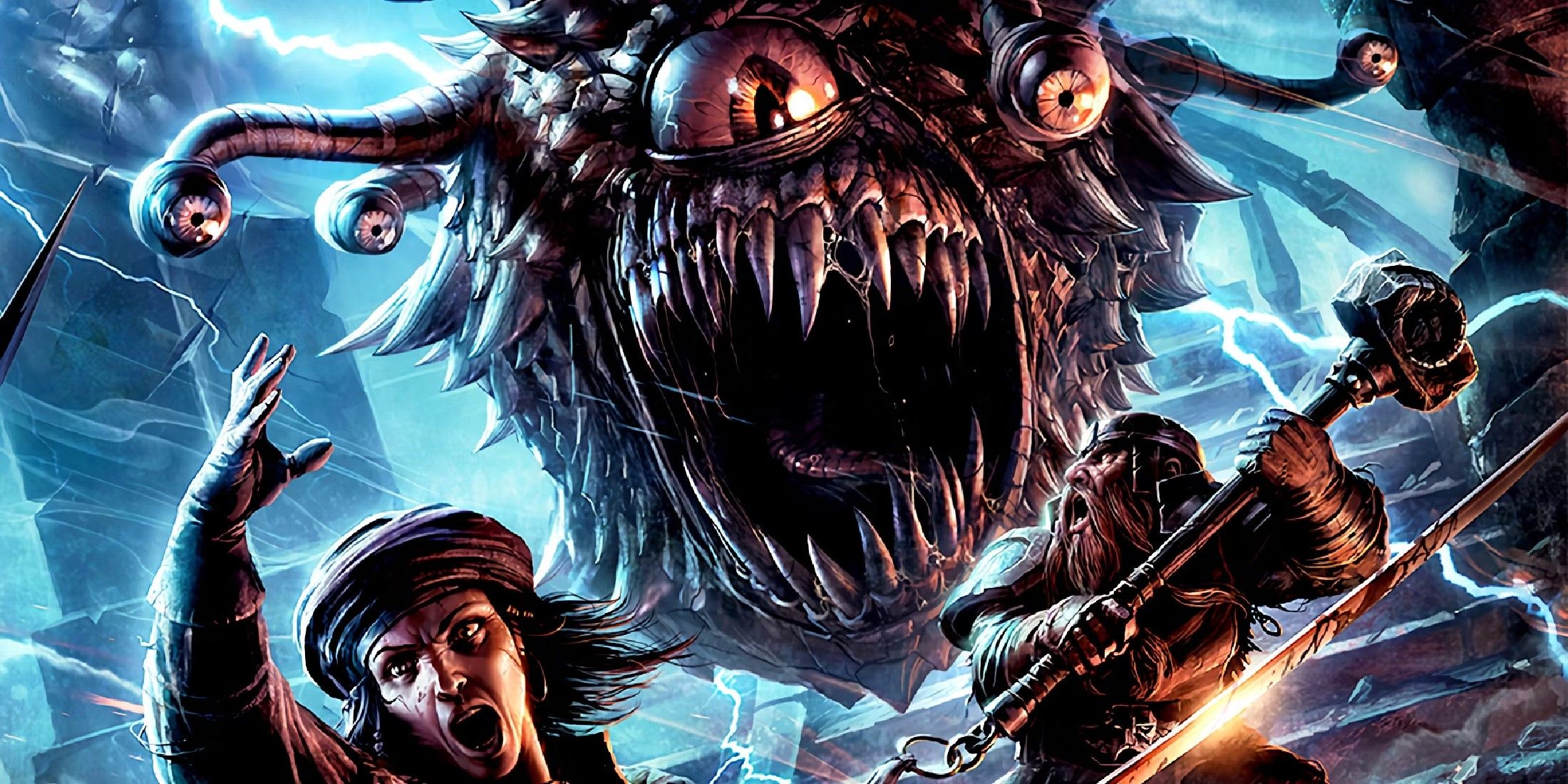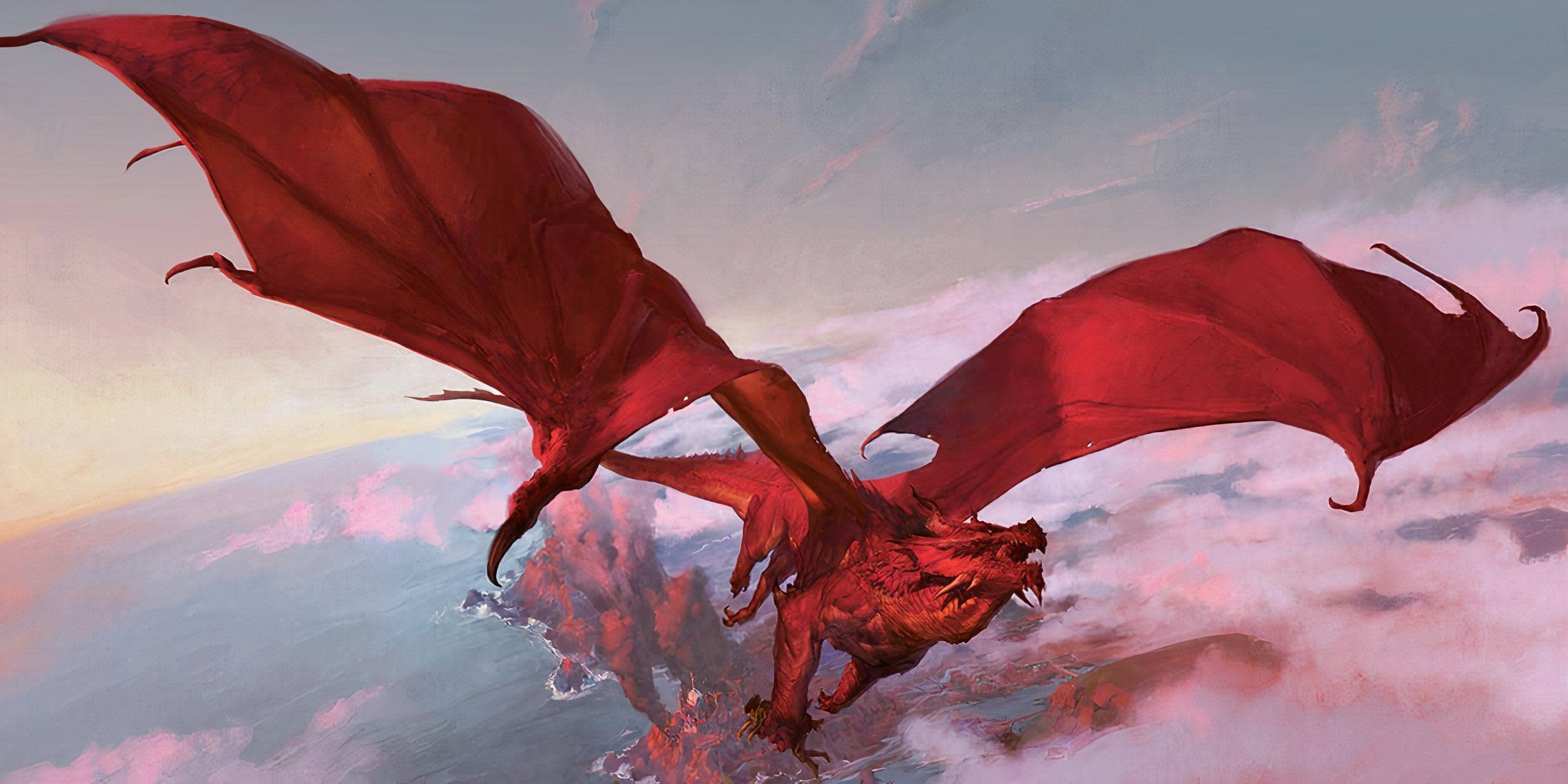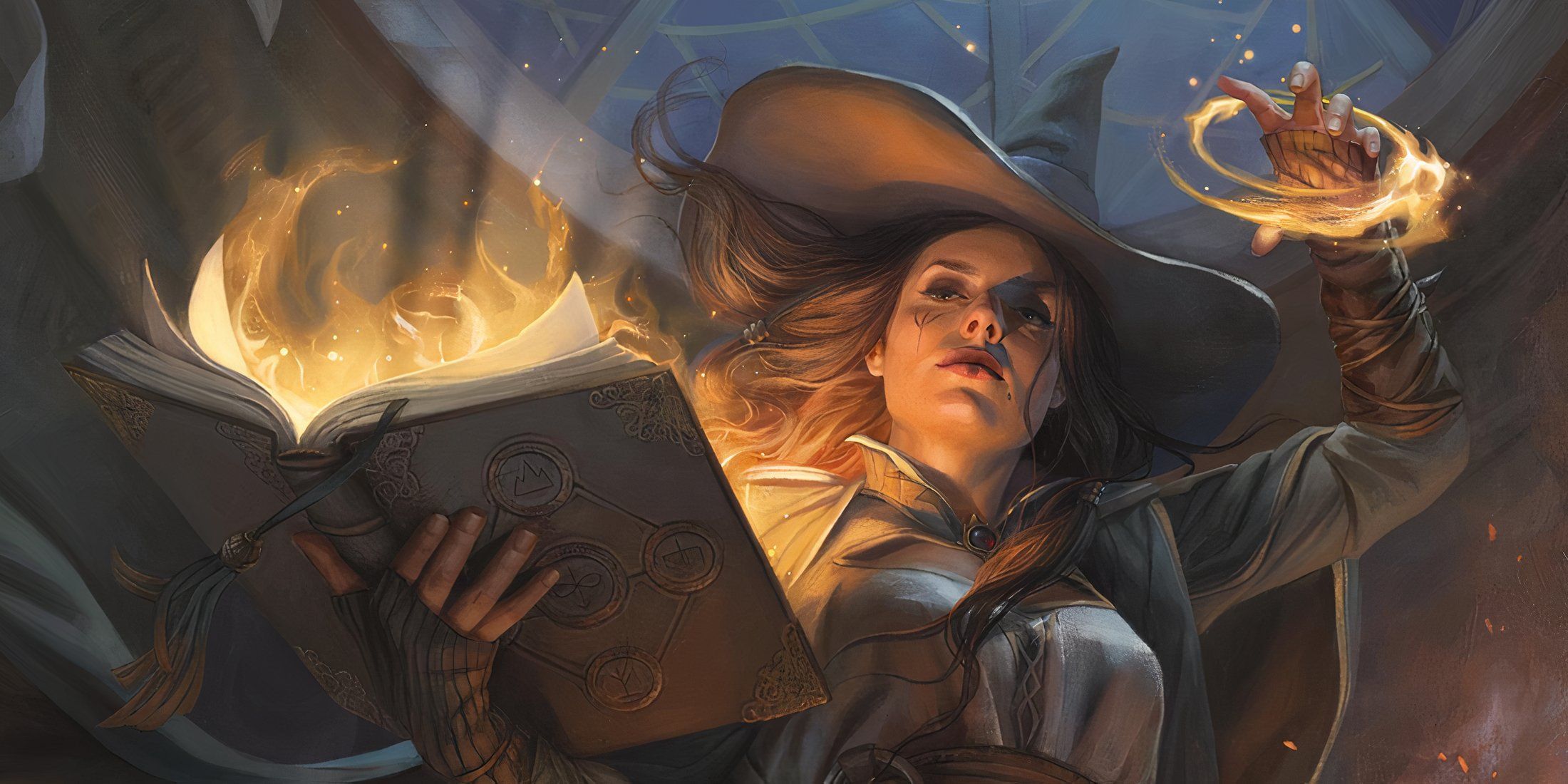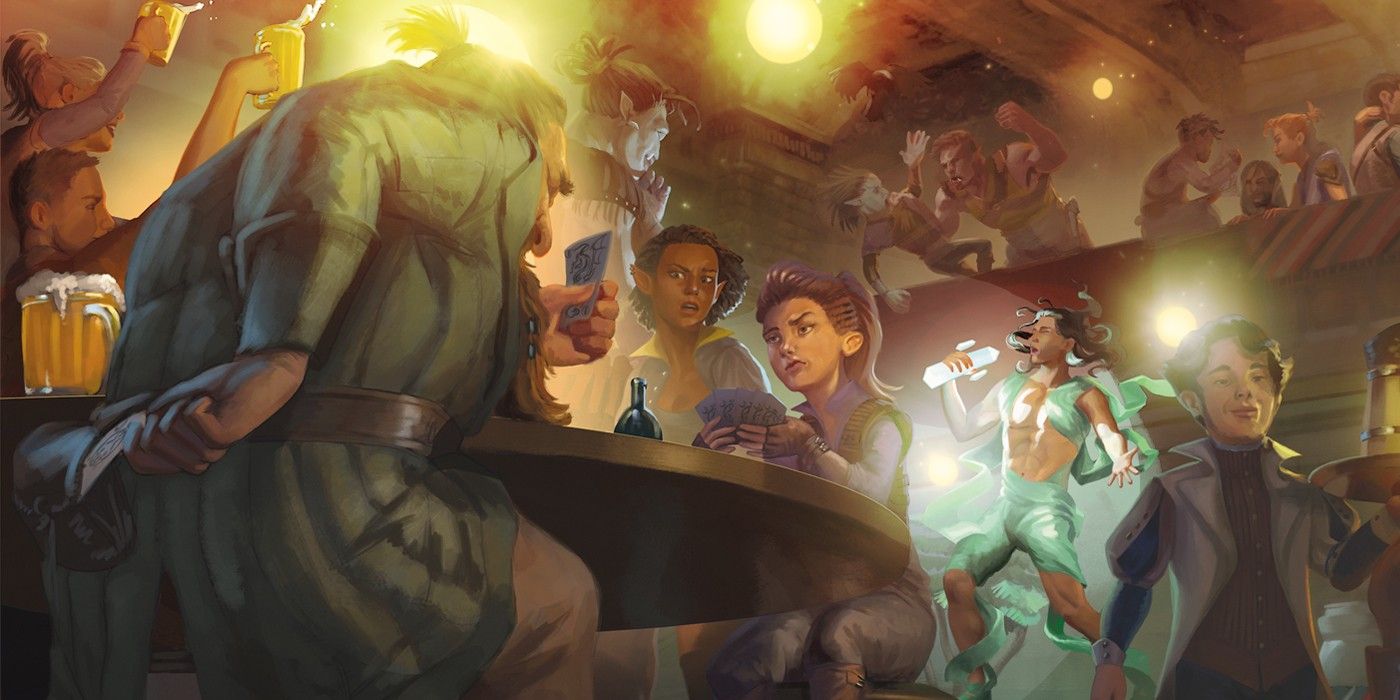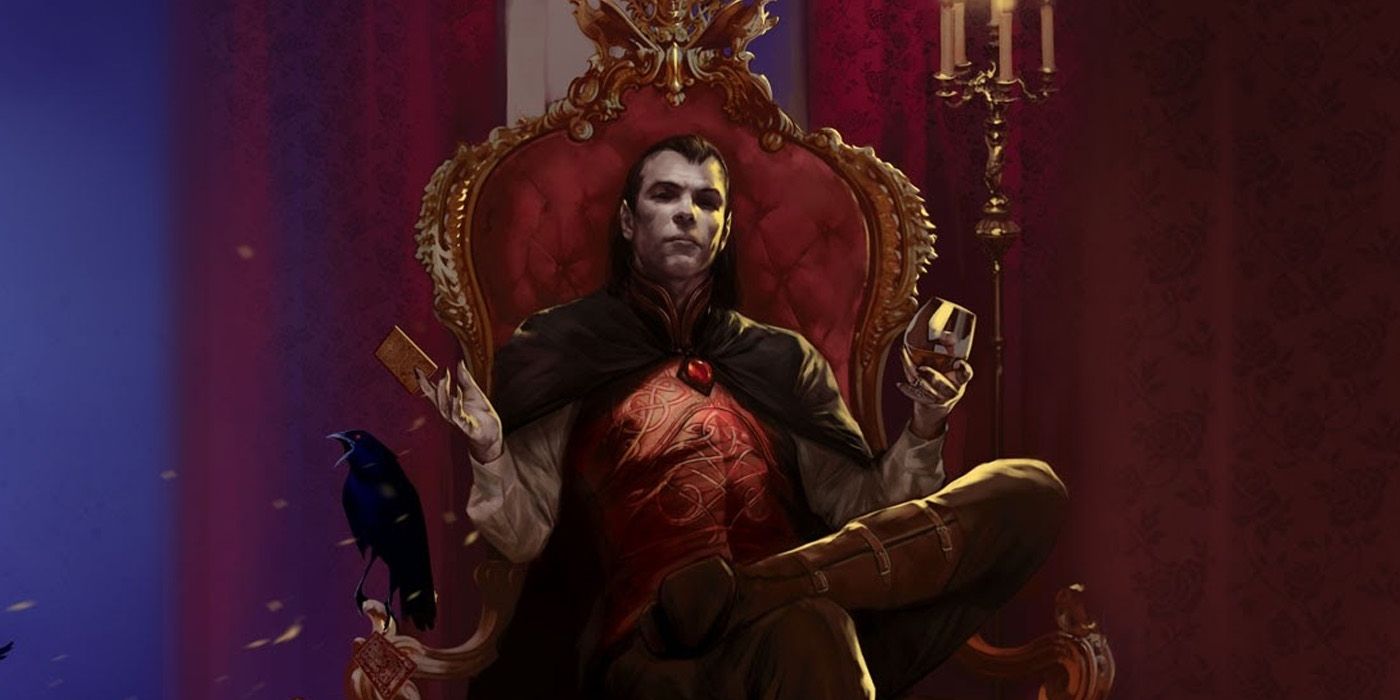Dungeons and Dragons has deep ties to traditional fantasy like The Lord of the Rings, and still carries some of the baggage of that past. As many players still feel left out by the traditional archetypes presented in Dungeons and Dragons's history, criticisms against moves made the parent company Wizards of the Coast are still being levied. The future of DnD is somewhat in the air as many feel that the steps being taken to be more inclusive are too few and far between, despite the game's continuing growth commercially.
Wizards of the Coast has made some changes to the standard rules of Dungeons and Dragons in attempt to assuage fans that argue the game still contains inherent prejudices. The updates to how character race is portrayed (commonly being referred to as origin now) and can be customized to allow for PCs that break their racial molds are one change that's been made. The recent Candlekeep Mysteries also includes a fan-created armored wheelchair to better represent disabled players, but many still feel the game isn't moving quickly enough to address a problematic past.
Recently, DM and host of the DnD podcast Join the Party Eric Silver sat down with Game ZXC to talk DnD and podcasting in general. The subject of the moves being made to address problematic issues came up, and Silver is one of the many players who feel that DnD hasn't gone far enough to better represent its fan base. When asked about the recent changes made in Tasha's Cauldron of Everything and the re-release of Curse of Strahd, the podcaster had a lot to say.
You know, people have been doing this at their own tables to see themselves in stories for a very long time. And I think it's the responsibility of Wizards as a company that makes money off of publishing this stuff, to hear people out, and to actually make changes when people want want to hear them.
I don't know, necessarily, if I’d agree with [the game being inclusive], because, again, it's coming from traditional fantasy and the game was established by these guys writing in in the ' 70s and is pretty restrictive. I mean, it has a very specific idea of who is a hero and who's not. And although you can tell that story, every story at each table is different. There's the tension, of course between what happens at the table and what is in this published book. I think that was the publisher taking very small steps.
The point that Silver makes is one echoed by many in criticisms of DnD's fifth edition from even just a mechanical perspective. So much of the work of creating playable adventures falls to DMs in 5e. Many have criticized the current iteration of DnD for not giving enough useful tools to DMs and pushing much of the burden of creating interesting character and NPC backgrounds onto DMs. The criticisms continue for some players that the game doesn't give enough options in terms of representation and addressing some of its (and the fantasy genre at large) baggage.
This thing that was in the [ Tasha’s Cauldron of Everything ] about race and fantasy racism and tosses was just, 'you guys figure it out at your table, whatever you want to do is fine.' But that doesn't necessarily negate the things that were in the other books. It's just like, if you feel like you're changing, it's on you, whatever.
So they're a really big company. And I think that they still have a lot of work to do. But the people who are playing DnD and want to see themselves reflected in these stories are pushing them to do it. And I think that they should listen to their audience more. Unfortunately, I also think that it is to the peril of the folks asking for this stuff to change. They're getting piled on and, like getting terrible things on the Internet, and like getting death threats and stuff.
It is certainly true that putting themselves out ahead of social issues in the gaming space can draw a lot of internet hate for those trying to make positive changes. Throughout the interview, Silver expresses love for the game itself, but makes it clear that a company as large as Wizards should be moving more quickly to make those changes, but some others do feel like DnD is moving in the right direction, if a little slowly. The newest Unearthed Arcana released some new playable character races, so it will likely be a good indicator of where DnD is headed next.
Join the Party releases every other Tuesday wherever podcasts can be streamed.

